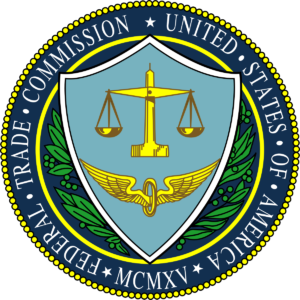Countering the risk of misclassification with proactive planning
By: Larry Steinberg and William Miller, Guest Contributors
In early 2021, a client of the Buchalter law firm received a notice from California’s Employment Development Department (EDD) that the EDD was conducting an audit to determine whether the client’s independent distributors were properly classified as independent contractors, instead of employees.
Though, over the years, the firm has handled scores of such audits on behalf of its clients, this was the first time the firm handled an audit which targeted a client that used a multilevel-marketing model. What also contributed to the unusual nature of this particular notice is that this client is based outside of the State of California.
While the client has no employees in California, and only a handful of non-distributor independent contractors, it does have thousands of independent distributors based in California.
The ostensible purpose of the EDD audit was to determine whether the client was properly paying all of its state payroll taxes, but the company and its counsel immediately understood that if the EDD decided the company’s distributors were misclassified employees, such a finding could have broad-ranging implications—including the possibility of a flurry of tagalong litigation, such as class actions and representative claims under California’s Private Attorney General Act
(PAGA) statute.










